Nimbu Ka Achar | Lemon Pickle in Oil
₨ 1,100
Desi Lemon, Mustard Oil, Salt, Citric Acid, Red chilli, Fenugreek, Aniseed, Fennel, Cumin seeds, Turmeric, Onion Seeds
| Packing Available | 250 GM, 500 GM, 1000 GM |
|---|
Description
Nimbu ka achar, or lemon pickle, is a popular and zesty condiment in Pakistani cuisine. This tangy and spicy preserve is made by marinating lemon wedges in a blend of aromatic spices, such as mustard seeds, fenugreek, cumin, and turmeric, along with salt and oil. The lemons absorb the rich flavors over time, creating a delightful combination of tartness and heat. Nimbu ka achar is not only a delicious accompaniment to various dishes, adding a burst of flavor, but it also serves as a versatile and long-lasting pantry staple. It can be enjoyed with rice, bread, or as a side to curries, providing a punch of taste to any meal. Additionally, the preservation process allows the pickle to be stored for extended periods, making it a cherished homemade delicacy enjoyed throughout the year.
How to Use
Nimbu ka achar, or lemon pickle, can be used in various ways to enhance the flavor of your meals. Here are some common ways to use it:
Side Dish: Serve Nimbu ka achar as a side dish with your main meals, such as daal, rice, biryani, or any curry. The tangy and spicy elements of the pickle complement the savory flavors of these dishes.
Flatbreads: Spread Nimbu ka achar on chapatis, parathas, or other flatbreads. It adds a burst of flavor and can be a tasty accompaniment to plain bread.
Rice: Mix Nimbu ka achar with plain rice or flavoured rice (like pulao) for a quick and flavorful rice dish. The pickle’s bold taste can transform a simple bowl of rice into a delicious and satisfying meal.
Storage Instructions
Storing Nimbu ka achar (lemon pickle) correctly is essential to maintain its flavor and prolong its shelf life. Here are some key storage instructions:
Use a Clean, Dry Container: Always store the pickle in a clean, dry, and airtight jar. Glass jars are preferred as they don’t absorb flavors and are easy to sterilize. Ensure the jar is thoroughly washed and completely dried before using it to prevent any mold formation.
Avoid Moisture: Moisture is the enemy of pickles, leading to spoilage. Always use a dry spoon to take out the pickle from the jar. Any moisture introduced can cause the pickle to spoil.
Oil Layer: The oil in the pickle acts as a preservative. Make sure the lemons are fully submerged in oil. This oil layer prevents direct exposure to air and inhibits the growth of mold and bacteria.
Room Temperature Storage: Initially, the pickle jar can be kept at room temperature to facilitate the maturation process, especially if it needs sun exposure as part of the recipe. This period can vary from a few days to a couple of weeks.
Sun Exposure: Some recipes require the pickle jar to be placed in direct sunlight for a few days to aid the fermentation process. If this is the case, make sure to bring the jar back in at night to avoid exposure to moisture.
Refrigeration: After the initial maturation period, it’s advisable to store the pickle in the refrigerator, especially in warmer climates or during hot weather. Refrigeration slows down the fermentation process and preserves the pickle’s taste and quality.
Regular Checks: Periodically check the pickle for any signs of spoilage like a foul smell, mold, or a change in texture. If you notice any of these signs, it’s best to discard the pickle.
Shelf Life: Properly stored Nimbu ka achar can last for several months to a year, and sometimes even longer. The high acid content from the lemons and the salt acts as natural preservatives.
Following these storage tips will help ensure that your Nimbu ka achar remains delicious and safe to consume for a long time.
Related product
Copyright 2023 © TheSpiceMan. All Rights Reserved. Develop By ZABS Creatives

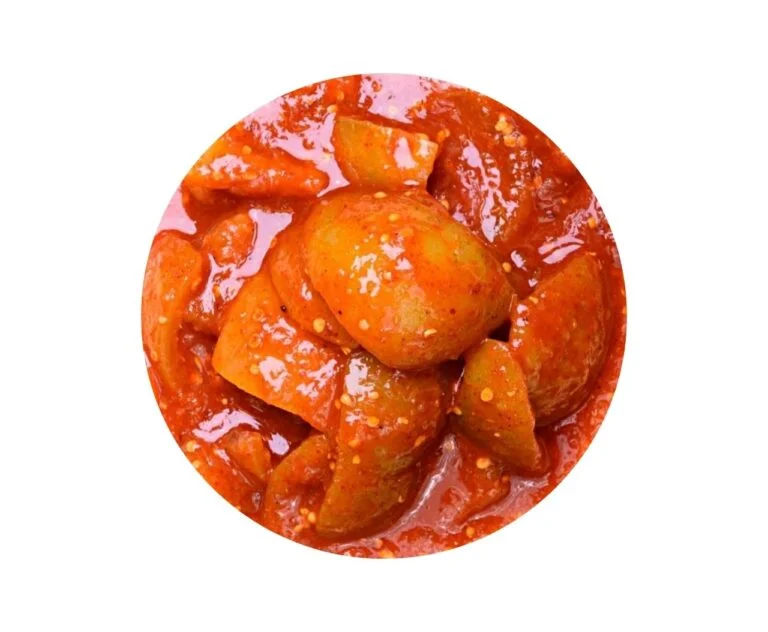
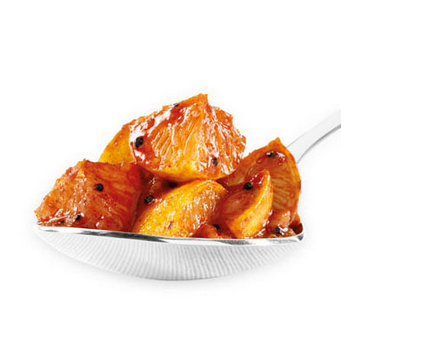
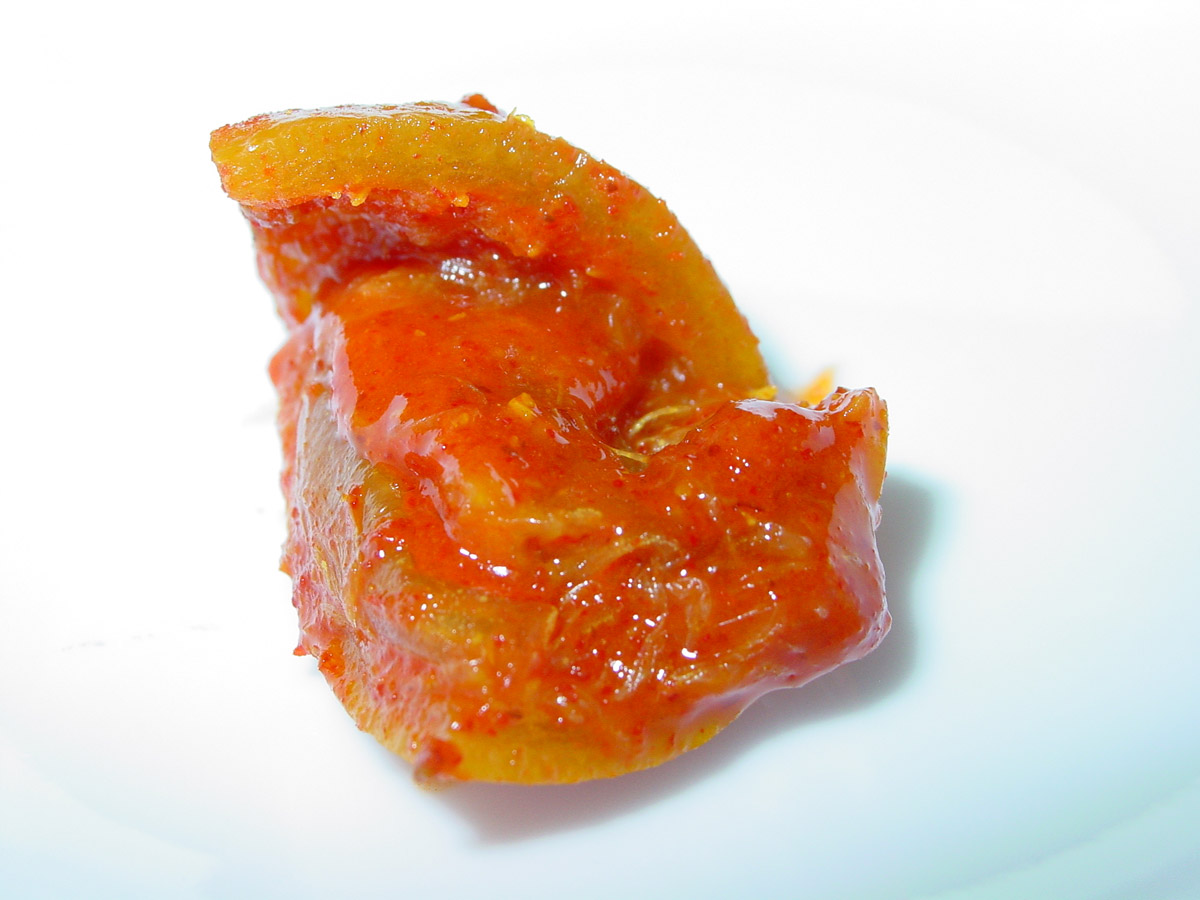
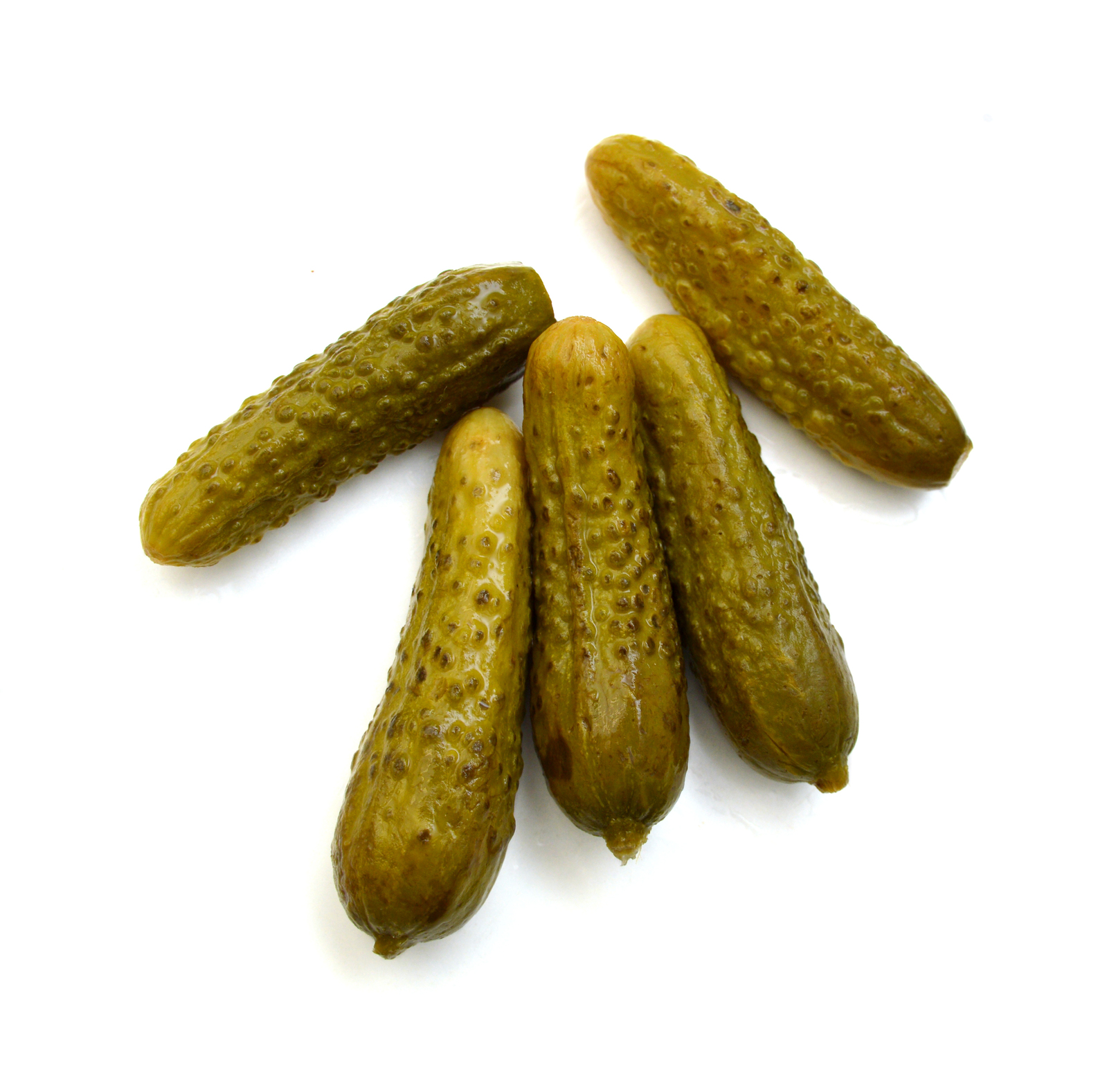
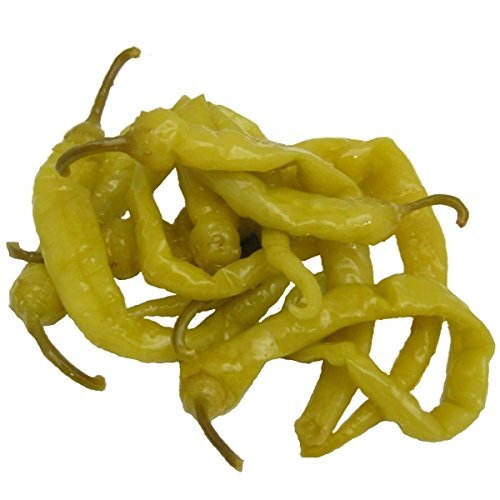
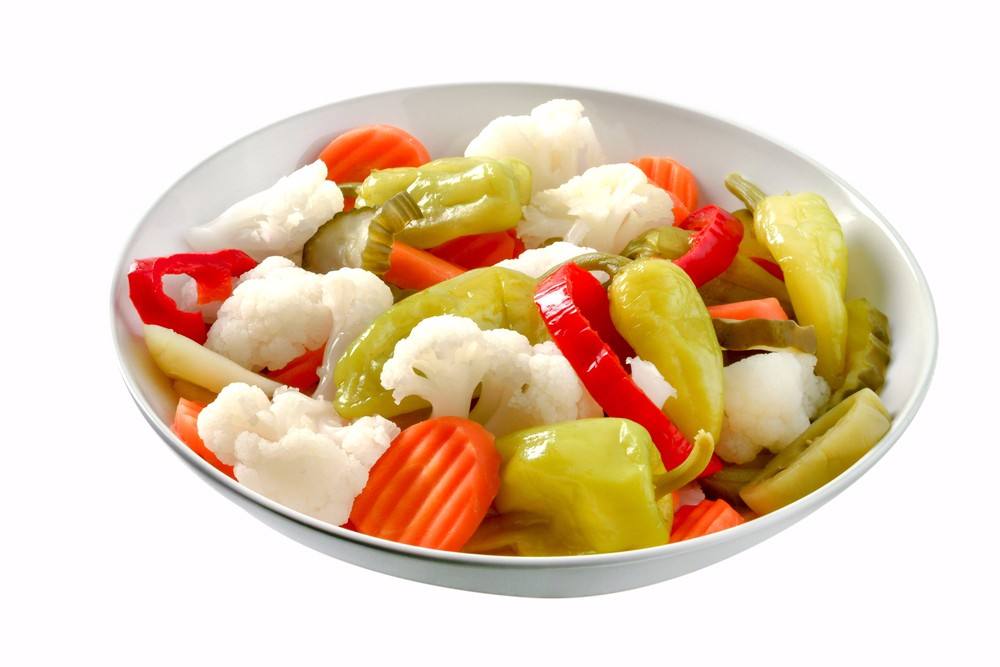
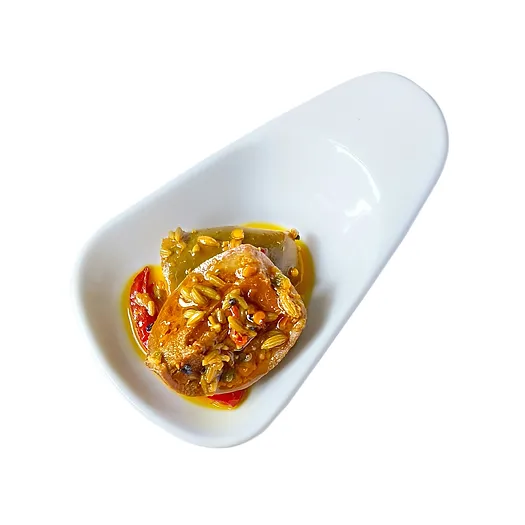
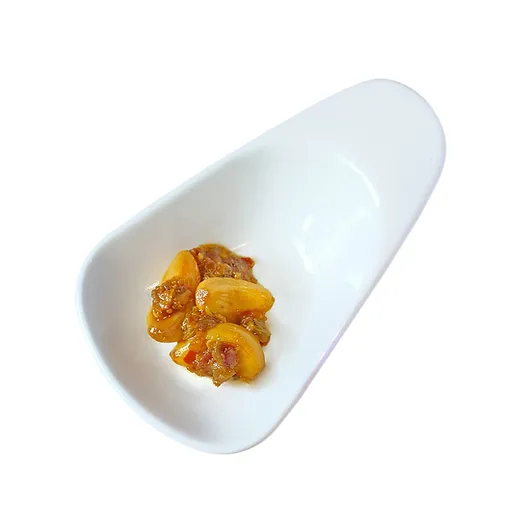
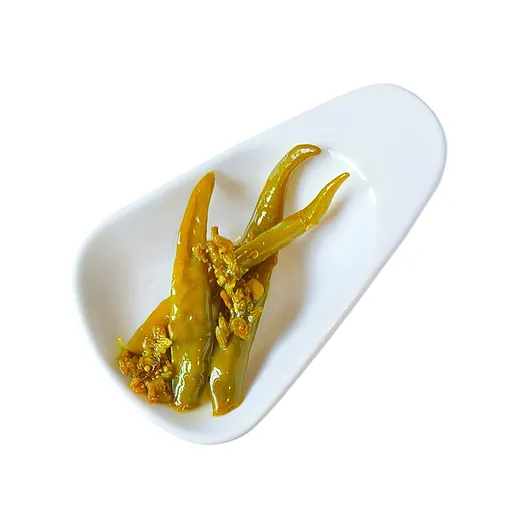
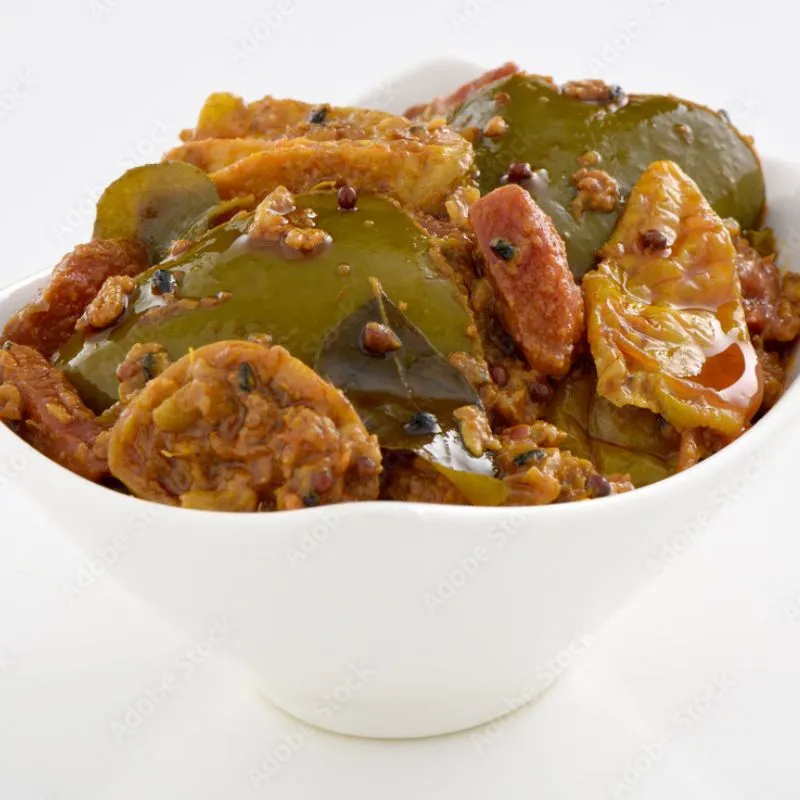
Reviews
There are no reviews yet.